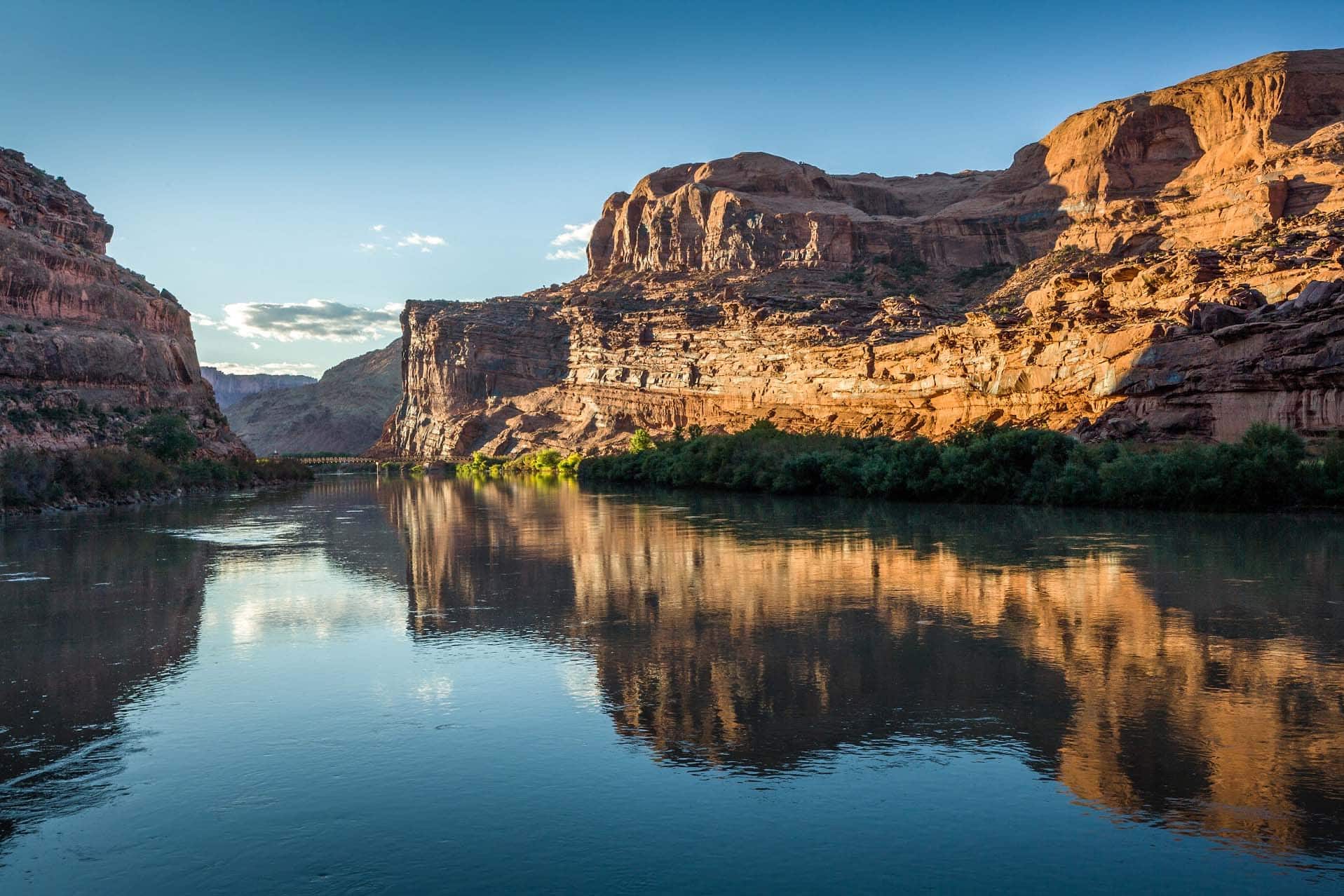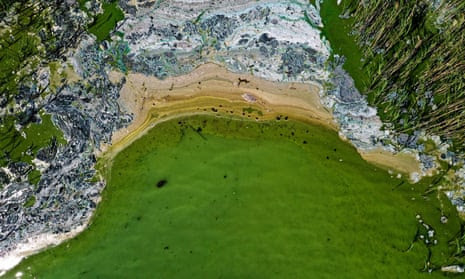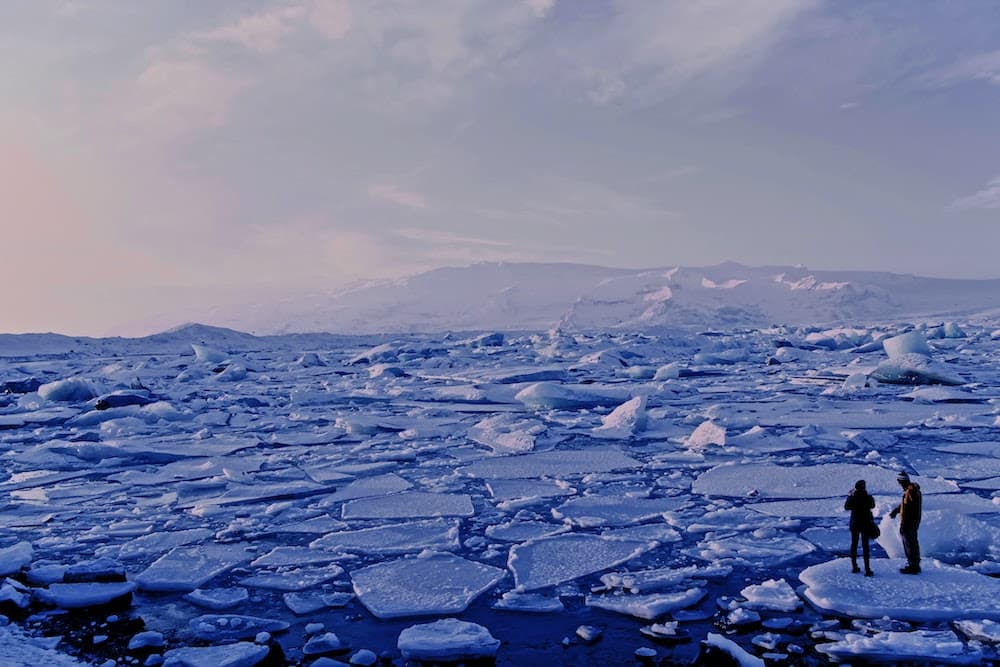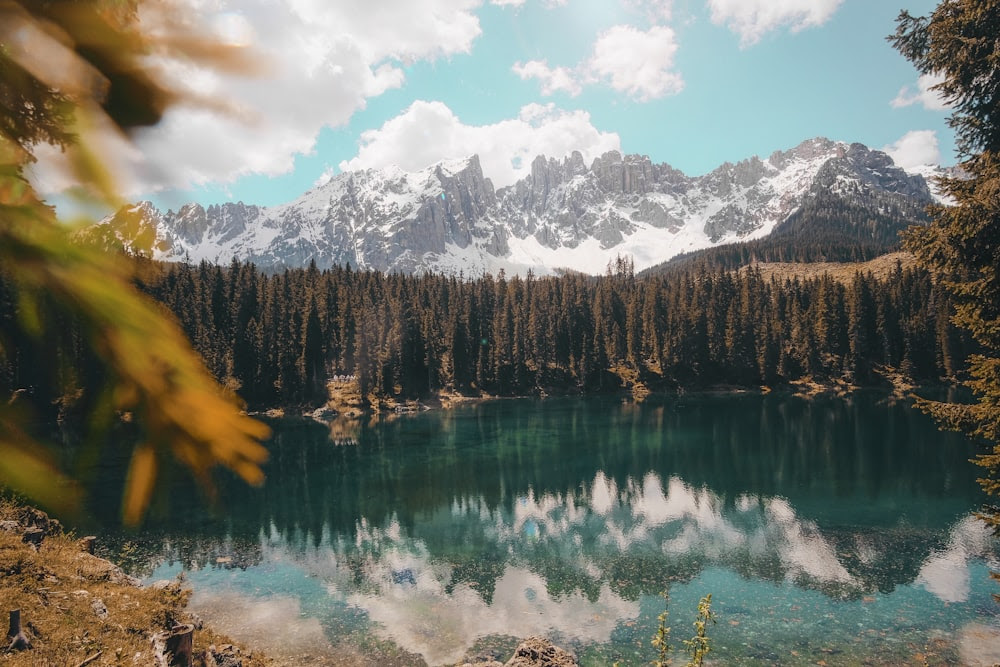
A study published on the Science website on May 18, 2023, shows that 53% of large natural lakes and reservoirs created by dams have seen their water volume decline over the last thirty years as a result of human activities and climate change. Scientists used satellite data, climate and hydrological models to study the surface area of 1,972 large lakes around the world.
The results reveal that 53% of large natural lakes and reservoirs saw their water volume decrease over the period 1992-2020. This decrease is equivalent to the total water consumption of the United States in 2015, or seventeen times the volume of Lake Mead, the largest American reservoir, in Colorado. The authors point out that the net loss of volume in natural lakes is largely attributable to global warming, water consumption and human activities, while sedimentation is the main factor reducing reservoir storage capacity.
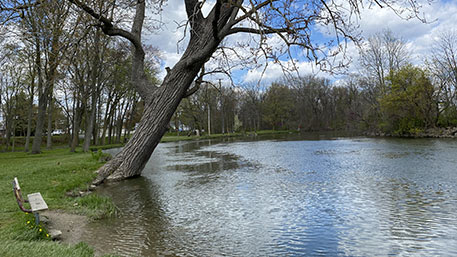
These results should be seen as a wake-up call, since lakes store 87% of the freshwater present on the Earth’s surface, even though they represent only 3% of the Earth’s surface. They are a refuge for many species, such as certain birds for which they are the natural habitat and larder, and their basin is also home to a significant proportion – around a quarter – of the world’s population.
The people who live in these areas depend on the lakes and reservoirs that continue to be their main source of fresh water and energy, even though the volume of water is constantly decreasing. Lakes are also major components of biogeochemical processes, regulating climate through the carbon cycle and playing an essential role in the water cycle. The study’s authors suggest a new monitoring method for assessing lake water storage levels to help managers and public bodies better protect sources and ecosystems.
One of the study’s authors, Ben Livneh from the University of Boulder in Colorado, draws on the example of Lake Sevan in Armenia, which has benefited from conservation laws on water abstraction since the 2000s that have increased storage. He believes that certain eco-responsible policies can prove their worth and that if human consumption is a major factor in the decline of lake water storage, we can adapt and explore new policies to reduce large-scale declines.

